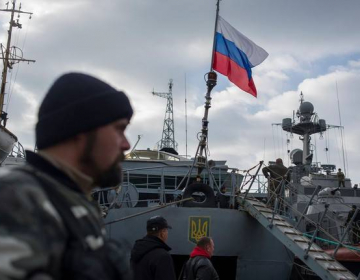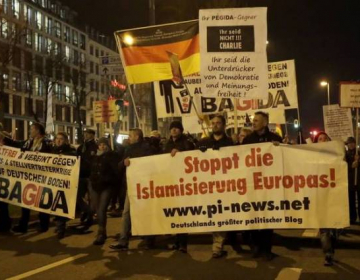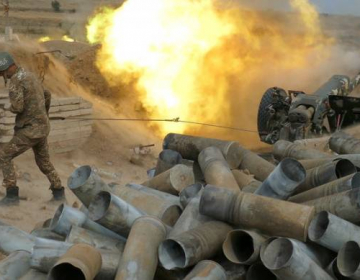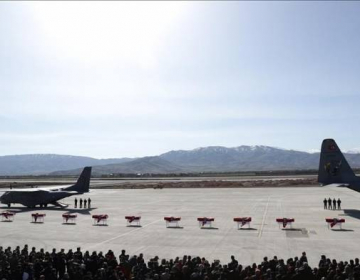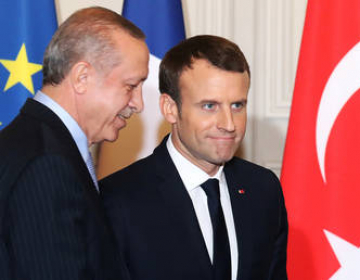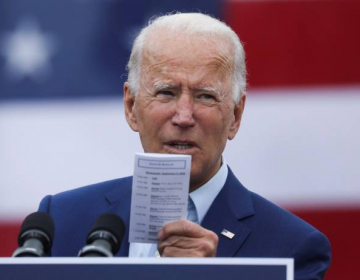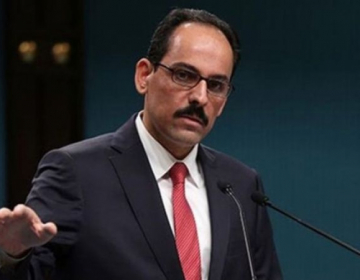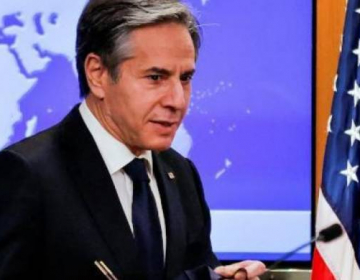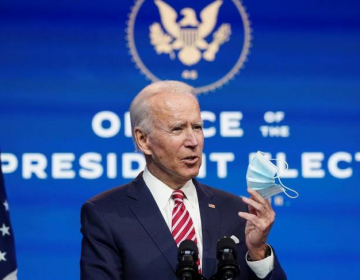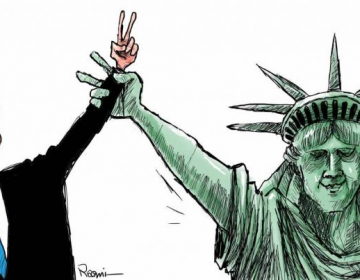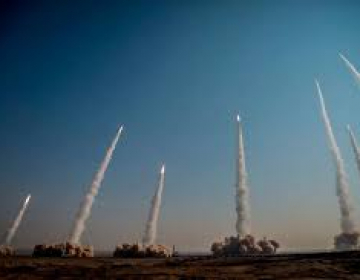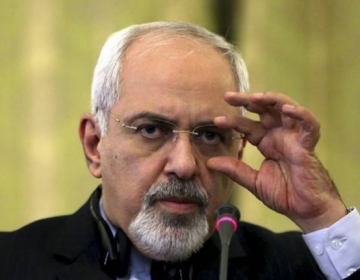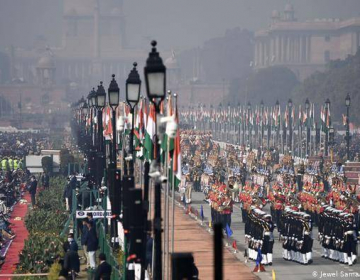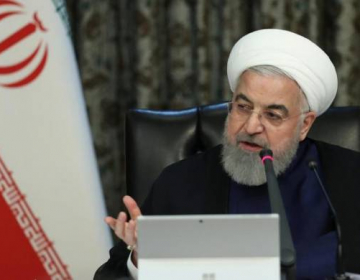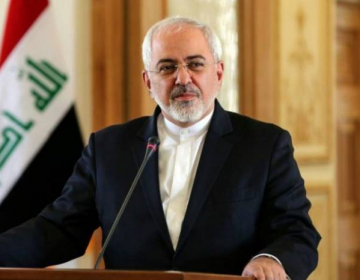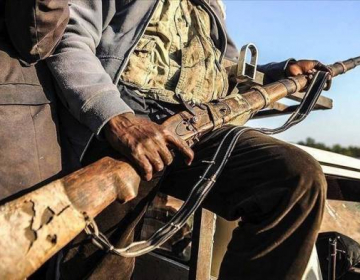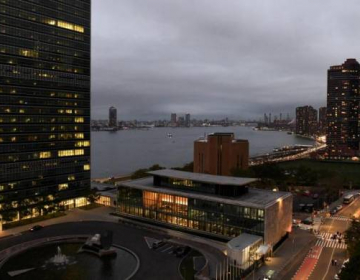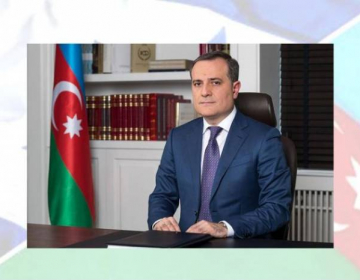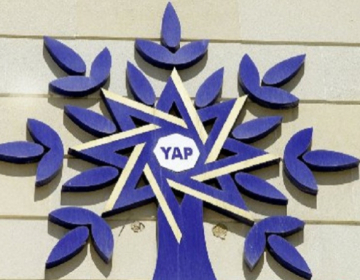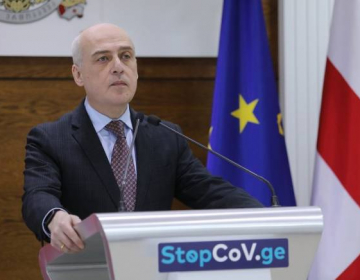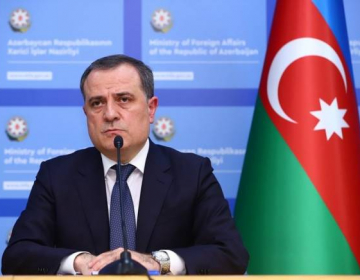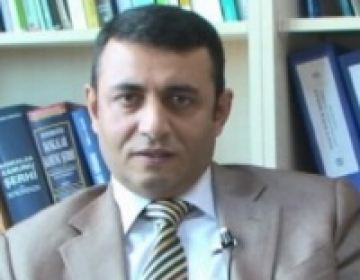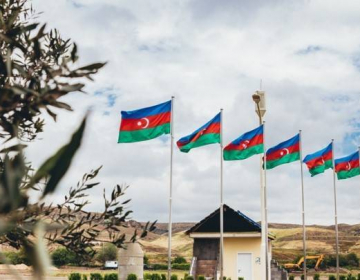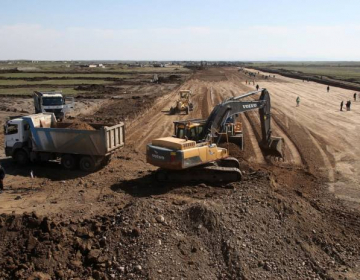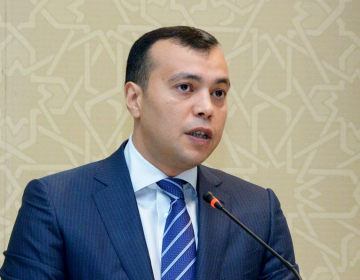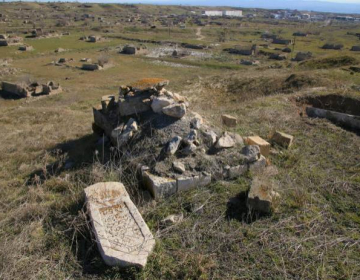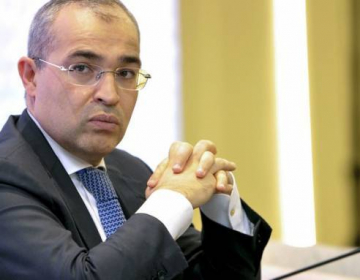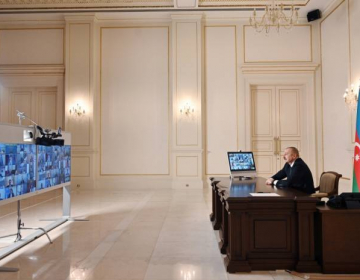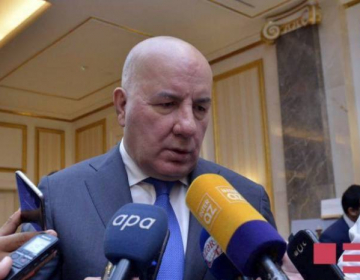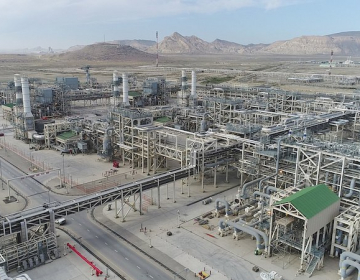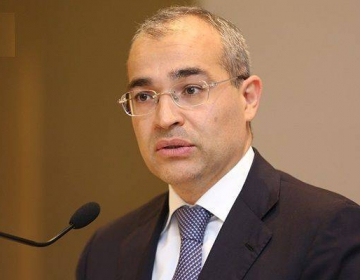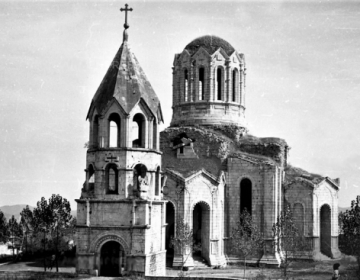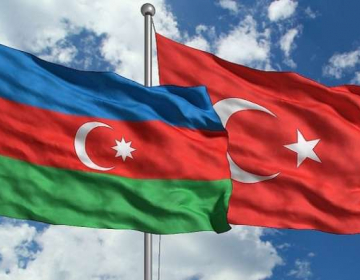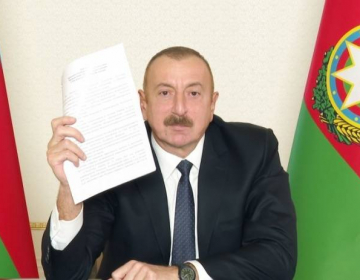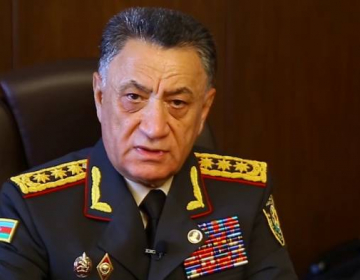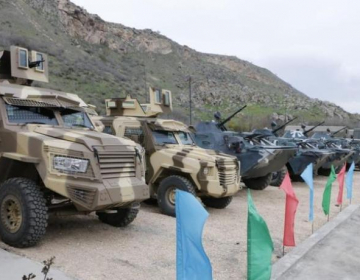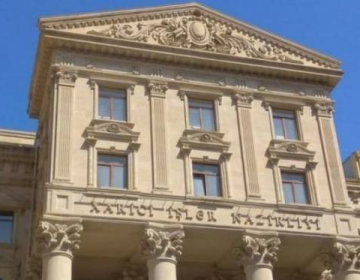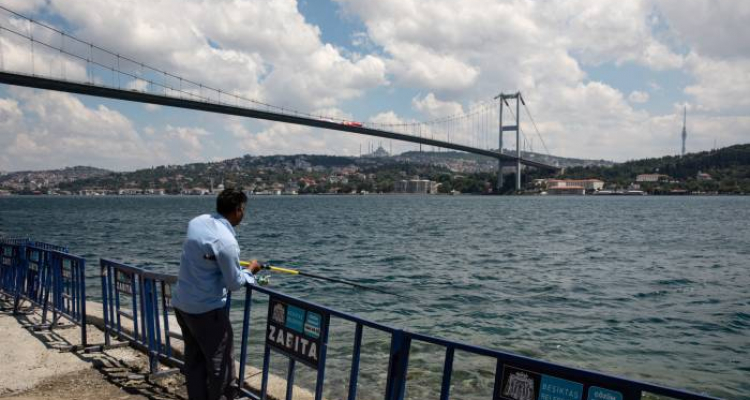The Montreux Convention muddies the waters for a Bosphorus bypass.
By Sinan Ulgen
Bloomberg.com
President Recep Tayyip Erdogan is famously fond of mega-projects. Under his leadership, Turkey has built one of the world’s largest airports in Istanbul, the most complicated tunnel under the Bosphorus Strait and one of the biggest suspension bridges linking Asia to Europe. Critics have accused him of padding his own legacy with these grand projects, but they have for the most part been popular with the Turkish public.
None of them has stirred up the controversy that now surrounds Erdogan’s latest oversize undertaking: A manmade canal, entitled Canal Istanbul, running parallel to the Bosphorus between the Marmara Sea and the Black Sea.
The project has been challenged by environmentalists who fear it would destroy Istanbul’s natural habitat and erode fresh water reservoirs. Others have questioned the project’s financial sustainability, with the Turkish government providing different estimates ranging from $12.7 billion to $25 billion.
At issue, too, is the fate of a 1936 Montreux Convention, an international agreement regulating the traffic through the Bosphorus and the Dardanelles straits.
Matters came to a head last week, when Parliament Speaker Mustafa Sentop suggested Erdogan had the power to withdraw from the treaty. He later claimed he was merely making a point about presidential powers and not policy, but it was sufficient to alarm a group of former Turkish admirals to issue a joint statement opposing the idea and arguing that the convention was essential to keeping the peace in the Black Sea.
In turn, this prompted Erdogan to summon his cabinet and top officials for an unscheduled meeting. Ten of the signatories to the statement were arrested, with the president’s communications director accusing them of insinuating that the government should be overthrown.
Erdogan has since declared that he had no intention of abrogating the convention. But he has not explained how he intends to square the economics of his canal dream with the realities imposed by the treaty.
Canal Istanbul is to be constructed under the build-own-operate investment model, to avoid a drain on state resources under heavy stress because of the pandemic. But to recoup the investment required, the private contractor would require a large revenue stream — and the convention makes that impossible.
Under its terms, Turkey cannot prevent ships from using the Dardanelles and the Bosphorus seaways, which means it cannot force transiting ships to use the proposed canal. Turkey is allowed to charge only a nominal fee for these crossings, currently on average of around $4,500 per ship. Only a significantly lower transit fee would incentivize the use of Canal Istanbul, and the difference would have to be offset by a larger volume of traffic.
But the trends point in the opposite direction: Over the past decade, the number of ships transiting from the Bosphorus has dropped from 53,000 to 38,000 a year mostly as a result of the construction of new pipelines. As more countries seek to reduce their reliance on hydrocarbons, tanker traffic will likely continue to decline.
One solution to the financing dilemma would be for Turkey to provide treasury guarantees for the construction and operation of the canal, significantly raising Ankara’s public debt, which is already bloated at $270 billion. The other is to withdraw from the Montreux Convention and force transiting ships to use the new canal.
But that would pose political problems at home, and diplomatic ones abroad. The signing of the convention is seen by many in Turkey as a historic achievement, in which a young republic took sovereign control of its seaways and ended the international mandate imposed by the great powers after World War I. Rescinding a symbol of Turkish pride would not be easy for a nationalist president.
The convention to this day serves as a diplomatic instrument for Turkey to defuse conflict in the Black Sea. It places severe tonnage limits on military ships from non-littoral states transiting the Turkish straits. This allowed Ankara to prohibit the passage of the U.S. Navy’s hospital ships Mercy and Comfort at the height of the 2008 Russo-Georgian conflict. The treaty also constrains Russia by requiring Moscow to provide advance notification requirements for the passage of its naval vessels to warmer seas.
Finally, it is not clear that a simple withdrawal from the convention would give Turkey more power to control the traffic through its straits. Other nations will likely invoke the customary law of the seas to claim free movement for their ships.
As mega-projects go, this one is likely to bring the Turkish president more problems than prestige.
pia.az

